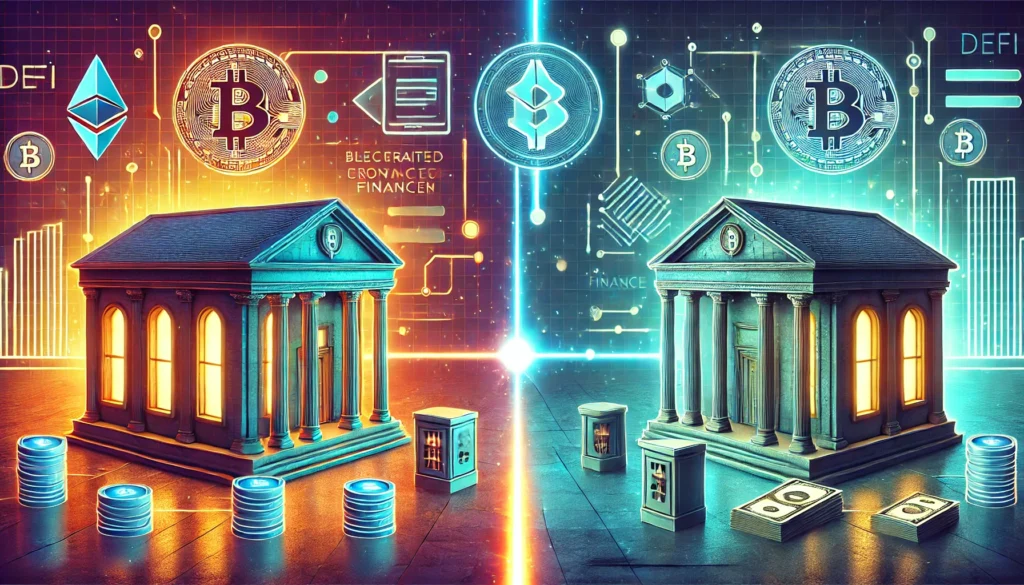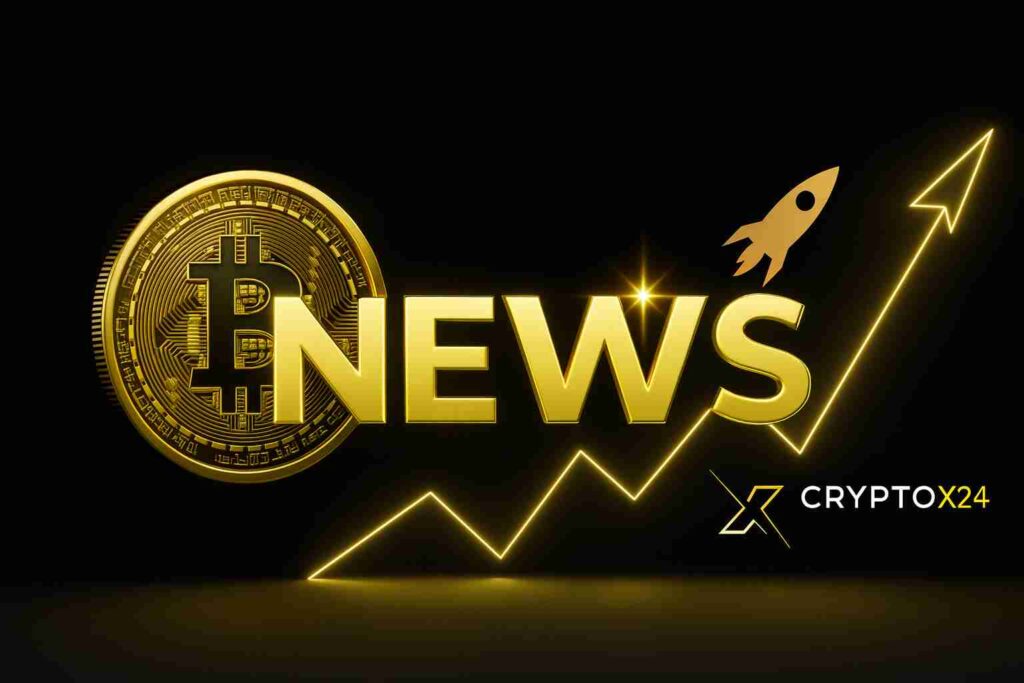
DeFi vs. Traditional Banking is one of the most debated topics in finance. While banks 🏦 have dominated financial services for centuries, Decentralized Finance (DeFi) 🌐 is emerging as an alternative. This article compares both models and explores whether crypto will replace banks or if both systems will coexist. Let’s dive in! 🚀
DeFi is a financial system built on blockchain. It allows transactions without banks or intermediaries. Popular platforms like Aave, Uniswap, and Compound offer lending, staking, and trading in a decentralized way.
Banks have long been the backbone of the financial system. They provide security, regulations, and deposit guarantees.
Traditional banks provide security and regulation, but they also come with high fees, slow transactions, and limited accessibility. DeFi offers an alternative that is fast, global, and decentralized. More people are moving their assets into crypto staking, lending protocols, and decentralized exchanges (DEXs) like Uniswap.
Learn more about blockchain security from Ethereum’s security guide.
| Feature 🏷️ | DeFi 🌐 | Traditional Banking 🏦 |
|---|---|---|
| Intermediaries | ❌ None (Smart Contracts) | ✅ Present (Banks & Institutions) |
| Control Over Funds | ✅ Full User Control | ❌ Bank Controls Accounts |
| Accessibility | ✅ Open to Everyone | ❌ Limited by Regulations |
| Costs | ✅ Lower Fees | ❌ Higher Fees & Hidden Costs |
| Security | ⚠️ Risk of Hacks | ✅ Regulated with Deposit Protection |
| Earnings on Savings | ✅ High Returns via Staking | ❌ Low Interest Rates |
Despite its potential, DeFi still faces challenges:
Meanwhile, banks are slowly integrating blockchain technology 🔗. The future likely involves both systems working together rather than one replacing the other.
DeFi offers an alternative to traditional banking, removing middlemen and providing financial freedom. However, banks ensure stability and security, making them hard to replace.
The real question isn’t “Will crypto take over?”, but rather “How will banks and DeFi evolve together?” As blockchain advances, expect greater integration of both systems.
Want to learn more about investing strategies? Check out our guide!
For real-time DeFi statistics, visit CoinGecko.


